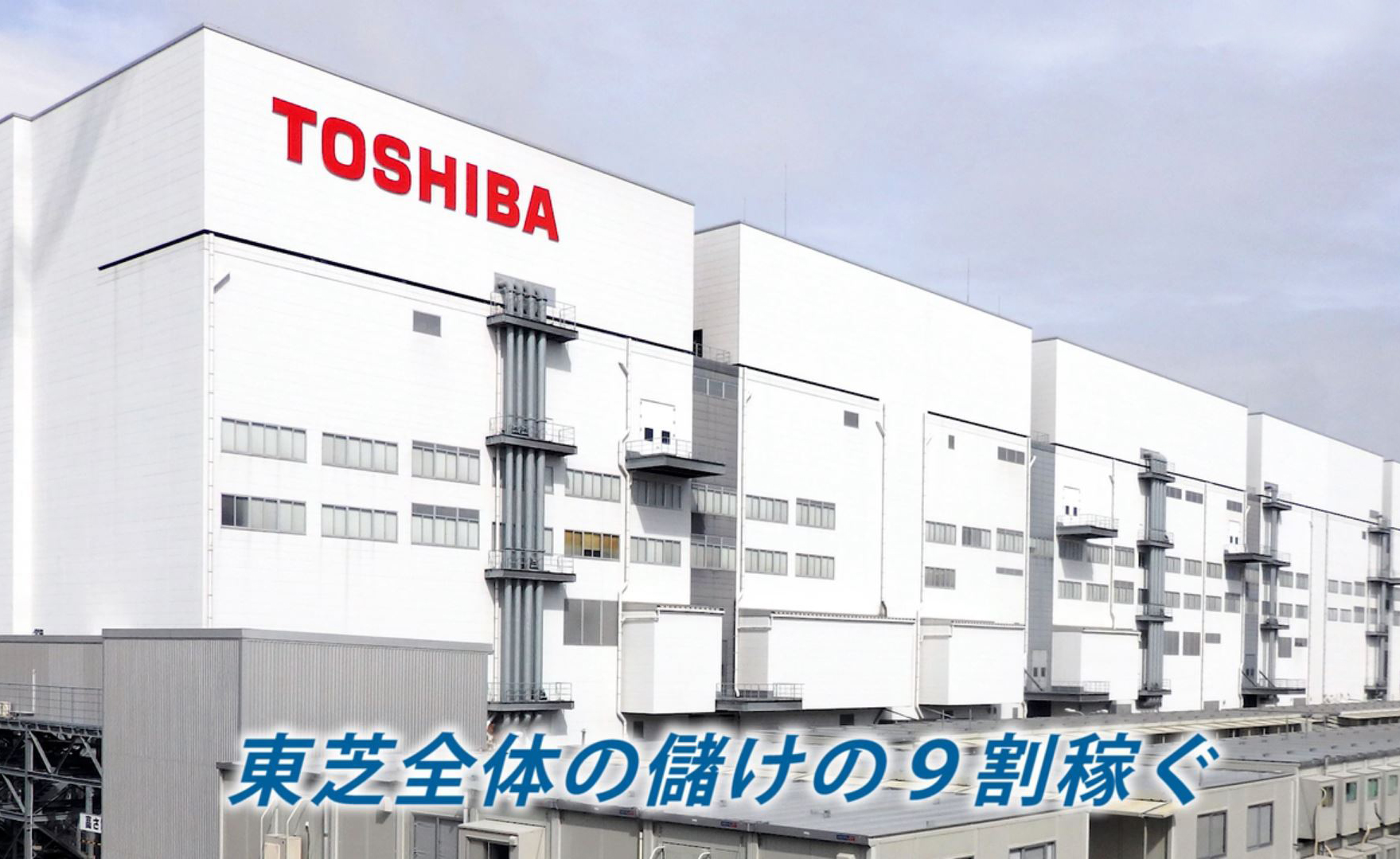◎ If China becomes a global electronics leader and the Party is still in charge, the world will be in grave danger from communist subversion.
Chinese electronics manufacturer Hisense Group bought a 95 percent stake in Toshiba Visual Solutions, Toshiba’s television subsidiary, on Nov. 14. The $113 million deal is expected to be completed by February 2018.
The backdrop: Toshiba, for decades one of Japan’s leading brands and a global technology trendsetter, is currently sustaining huge losses in its nuclear department. The company has since sold parts of its operation to stay in business. In late September, Toshiba agreed to sell 60 percent of its microchip unit to a group of foreign investors that includes Apple and Bain Capital.
China is also keen to control a slice of Toshiba’s business but has thus far been blocked from making bids. Meanwhile, headhunters from Chinese companies have been gathering outside Toshiba’s Yokkaichi memory chip plant to recruit its tech workers, according to Japanese media.
China has had success in gradually buying up parts of other once successful Japanese electronics conglomerates:
- In July 2011, Haier Group Corporation signed a merger and acquisition memorandum with Sanyo Electric Co. Ltd. That October, both companies signed a merger agreement for Haier to acquire Sanyo’s home appliances division in Japan, Vietnam, Indonesia, the Philippines, and Malaysia.
- In 2015, Sichuan Changhong Electric Co., Ltd. acquired Sanyo Television, a subsidiary of Panasonic. Changhong also gained exclusive use of the Sanyo brand in mainland China, and took over the development, production, sales, and servicing of Sanyo televisions.
- In July 2016, Lenovo acquired a 90 percent stake in a Lenovo-NEC holding company for approximately 1.3 billion yuan ($196 million).
- This November, Lenovo acquired a 51 percent stake in Fujitsu’s PC business for at least $157 million.
Our take: While China’s electronics industry still lags far behind Japan in terms of manufacturing high-end technology, its middle and low-end electronics industry has a supply chain infrastructure that has no competition in the world. Having a cost advantage allows China to establish market monopoly, and Japan’s electronics industry increasingly cannot compete. Things look bleaker for Japan in considering that China made the development of its semiconductor industry a national project, and has allocated very generous funding to recruit and train tech personnel.
With the pace of technological change ever increasing, China will take lesser and lesser time to break into and master the manufacture of advanced technologies. And with China already having the middle to low-end technology market advantage, it will be only a matter of time before China leads the world in electronics. If China becomes a global electronics leader and the Chinese Communist Party is still in charge, the world will be in grave danger from communist subversion.












